Trans and non-binary authors on what visibility means to them: ‘We’re not headlines, we’re people’

Authors including Owl and Fox Fisher explain what visibility means to them on Trans Day of Visibility 2023.
On Trans Day of Visibility, seven trans and non-binary authors discuss the “double-edged sword” of visibility and sharing trans joy through their work.
While Trans Day of Visibility is an opportunity to celebrate the community, for many visibility is something that carries a risk.
In recent years, trans people have been subjected to soaring levels of hate crime and rhetoric, with much of the UK’s media routinely demonising the community.
Meanwhile successive governments and prime ministers have used trans rights as a wedge issue to rile up right-wing supporters, resulting in real-world harm and threatening to roll-back long-established rights.
For these seven trans authors, these unprecedented attacks are front of mind – but they’re also clear that hate cannot win.
Owl & Fox Fisher, authors of Trans Teen Survival Guide, Trans Survival Workbook and Trans Pride
“Visibility is and always will be crucial to our community. It allows others to see themselves represented, which makes them feel heard, seen and understood. That joy of seeing yourself depicted is unlike anything, and trans people deserve to know that they can be happy, that they can be loved and that they are cherished.
“But visibility and progress also comes at a price, and isn’t a linear journey. While we have never been further in our fight for equality and inclusion, we are also seeing unprecedented attacks on our community, often led by influential and powerful figures, that use their platforms to demonise our community.

“But that fear and hatred will not win, as our joy, visibility and our stories will be heard, and will help people understand us.
“That’s why we made the Trans Teen Survival Guide and Trans Survival Workbook – to allow people to feel seen, heard and loved. We are so happy about how well it’s been received, and hope it continues to inspire and help those who need it.”
Jamie Windust, author of In Their Shoes
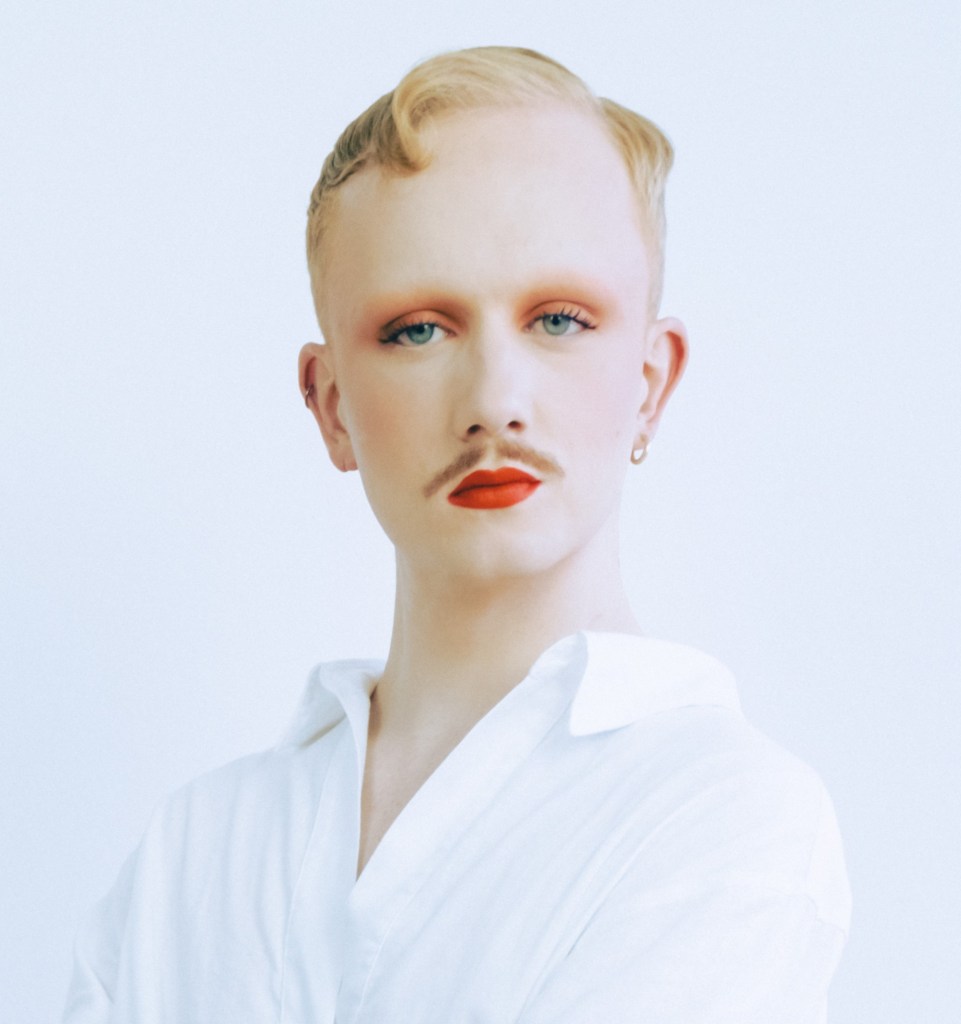
“Looking at what representation looks like in 2023 for trans and non-binary people is really affirming and uplifting.
“Since we published In Their Shoes: Navigating Non Binary Life in 2020 it’s been amazing to see such an amazing array of LGBTQ+ books speaking to trans experiences flourish and fly.
“Personally, it’s a privilege to be able to share my story to so many that wish to engage with non-binary stories. I most appreciate the messages from young people and parents about how the book has helped them harmonise their relationship and come out.
“Here’s to more trans and non-binary voices within the creative world, holding autonomy and being able to tell the stories that they want to tell.”
Tash Oakes-Monger, author of All The Things They Said We Couldn’t Have: Stories of Trans Joy
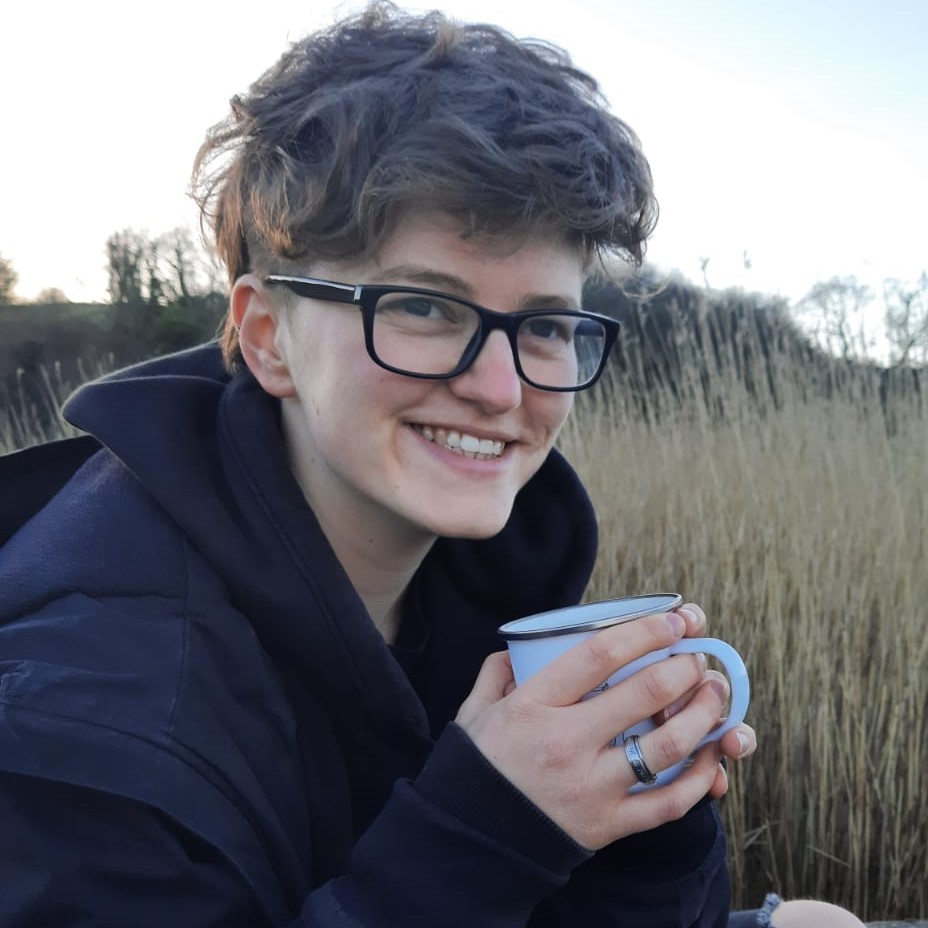
“Visibility can be a wonderful thing. It can bring community and hope and change and that quiet voice that says ‘I see you’.
“It can also bring headlines of fear and hate speech. I am tired. I am tired of trans visibility being a headline every day that makes people afraid.
“We are growers and dancers and gardeners and dreamers and artists and prophets and gamers. We are afraid and courageous, lonely and community, changing and growing, ancient and new, across and beyond. We are grief and rage and brilliant joy.
“To you who write the headlines that make us visible in the ways you want us to be: you don’t know us, and that will always be your loss.”
Harry Nicholas, author of A Trans Man Walks into a Gay Bar
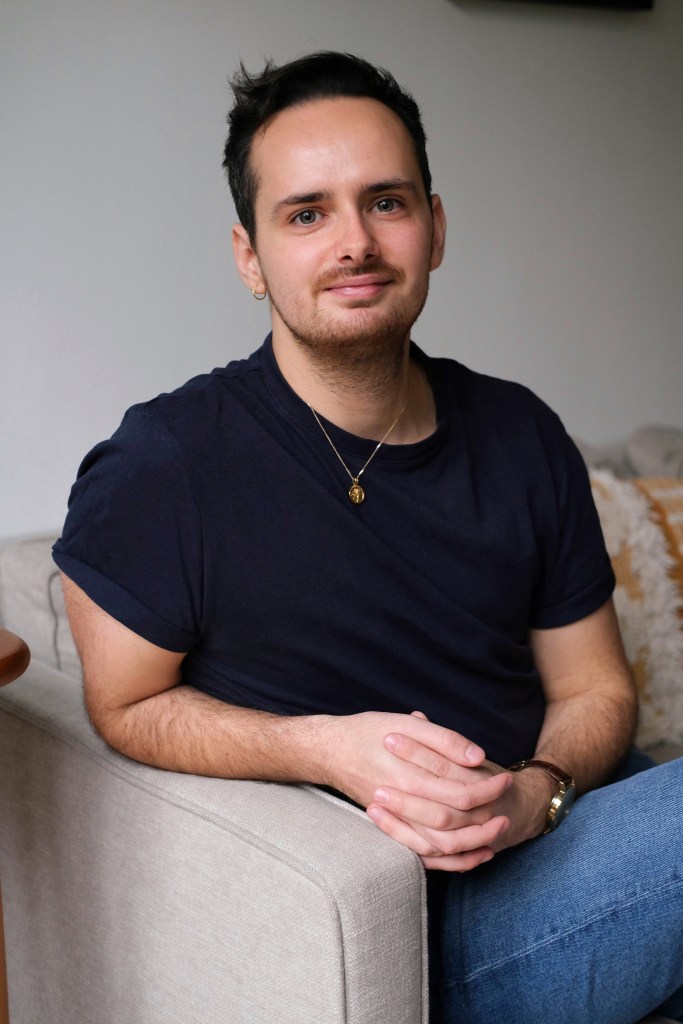
“Visibility is an important but limited tool in liberating people from oppression.
“When I came out as a trans man almost a decade ago, there wasn’t any visibility or recognition of trans people beyond an occasional headline or fleeting character on TV.
“Now we’re looking at a 400 per cent increase of reporting on trans people in the UK media – the content of which ain’t pretty – and we’re only ever one roast potato away from ‘the trans debate’ being brought up at the dinner table.
“Despite this, visibility allows people to feel seen, the importance of which should not be understated. To know there are others like you living happy, fun-filled and joyous lives is something we all – trans or not – need.”
Eris Young, author of They/Them/Their and Ace Voices
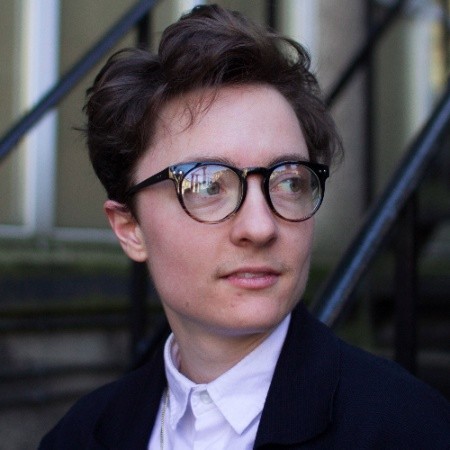
“As a member of multiple invisible communities within an already marginalised demographic, I’m well aware of the power and challenges of visibility.
“Being able to be seen and see myself as part of wider communities, trans and ace, has changed my life, showing me that there is strength in numbers and that I’m not alone, even if society has told me I am.
“At the same time, the trans and ace communities are tightly intertwined, not least because, as the asexual and ace-spectrum communities have become more visible to the public, we have also increasingly come under attack by TERFs and homophobes, for whom asexuality is just another way of being that doesn’t fit with their worldview.
“In this way, while visibility has empowered trans and asexual people in recent years, it has also exposed us to increased risk of violence.”
Ben Pechey, author of The Book of Non-Binary Joy
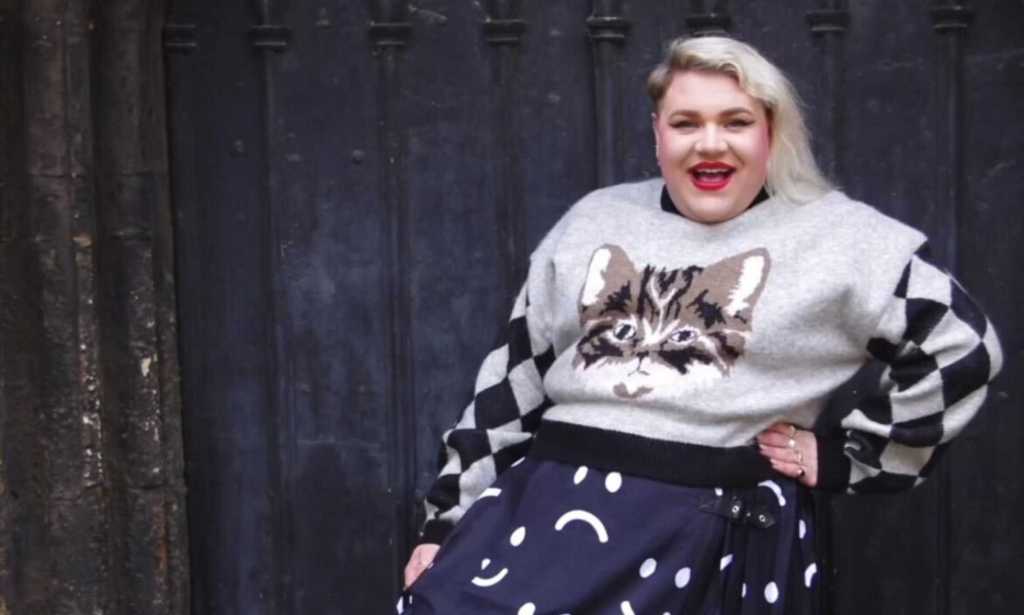
“Visibility is a double-edged sword currently.
“In one sense it is important to me, as a role model and advocate for my community, being visible inspires and provides comfort. But also being visible, vulnerable and authentic feels the least safe it has in my lifetime, and this has many implications for the whole community.
“More than ever, being trans needs to be taken seriously and not sensationalised. This will give us all room to just live. We’re not headlines – we’re people.
“Being trans shouldn’t be about fighting for our existence – which many of us already have had to do – it should be about living as we want all the time, right now.
“I am hopeful for a future where days like TDOV, are a joy-filled occasion. The strength and beauty of our community make me believe this is a possible reality. I just hope we all live to see it.”
With thanks to Jessica Kingsley Publishers.

